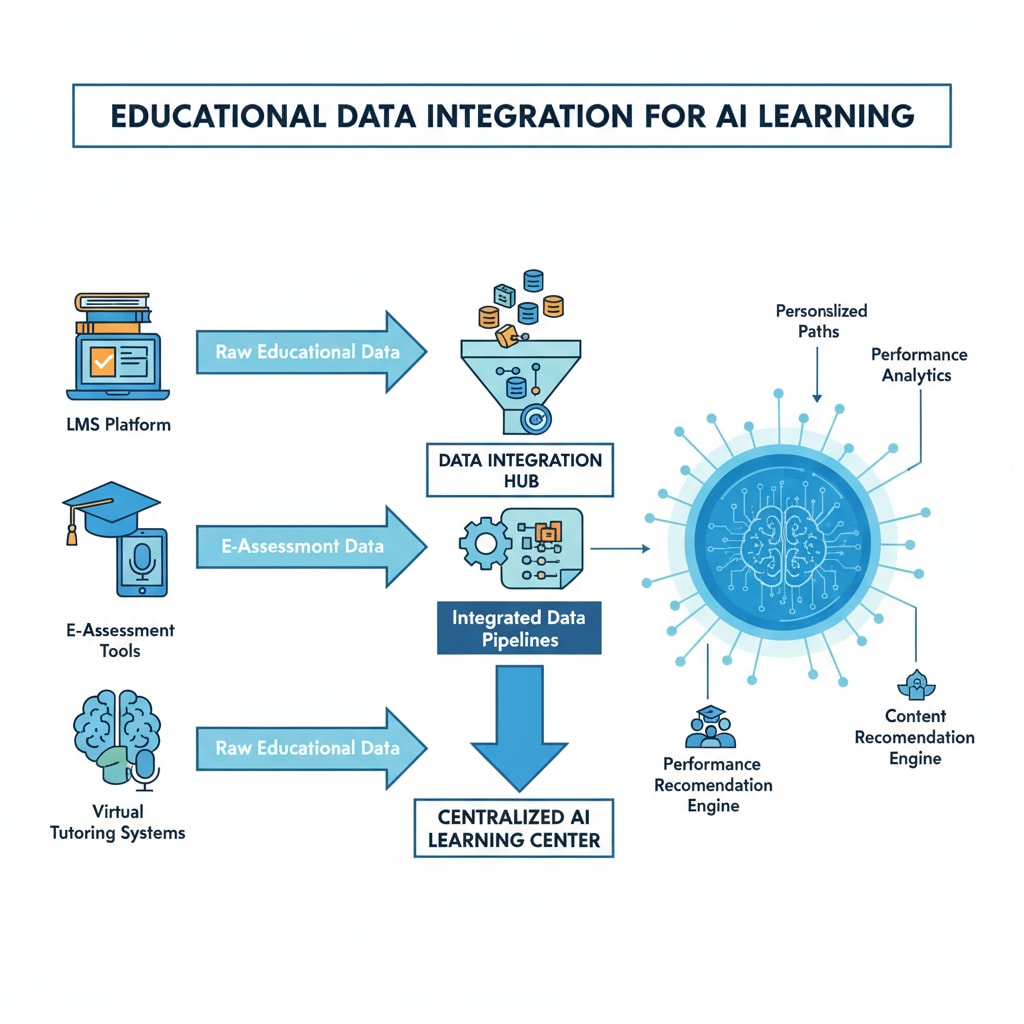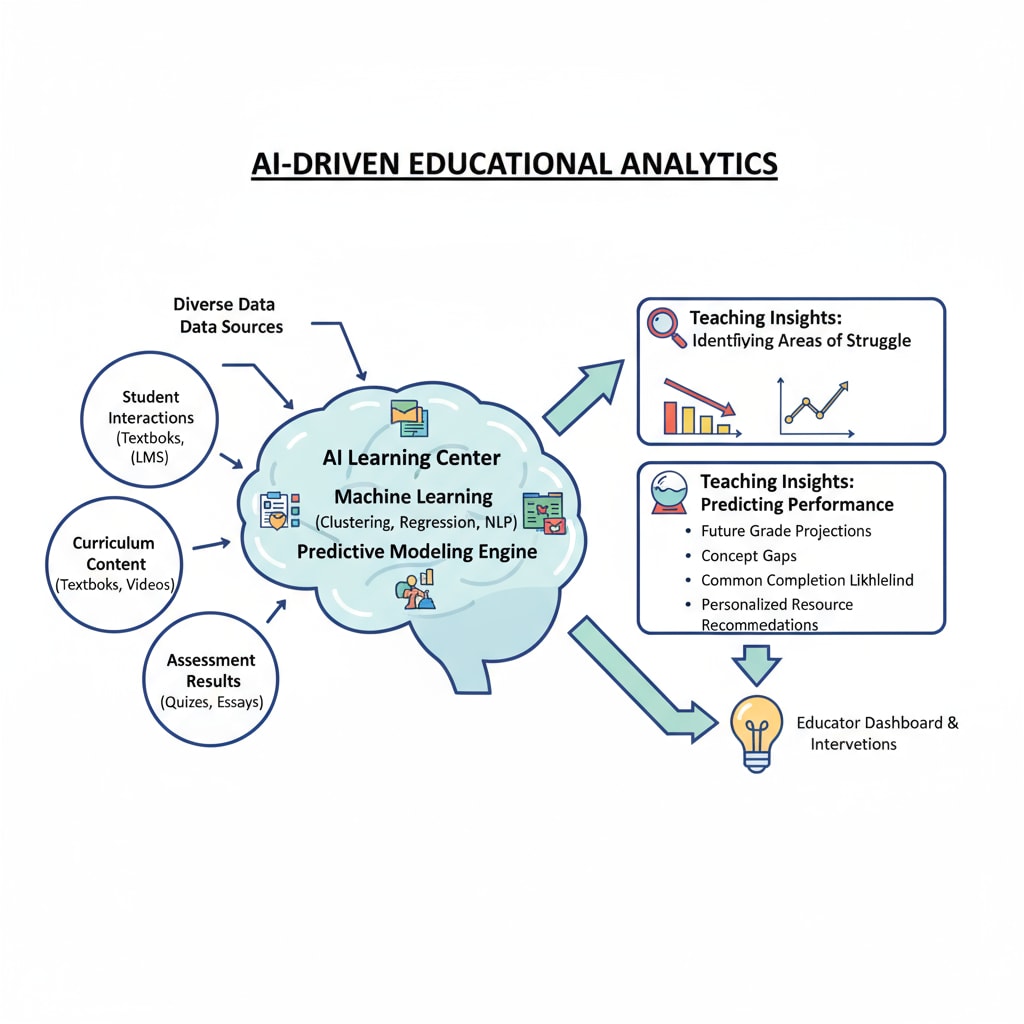In the modern era of K12 education, the concept of an AI learning center that emphasizes data integration and provides valuable teaching insights is emerging as a game-changer. Teachers today are often faced with the daunting task of collecting and making sense of student data scattered across multiple platforms. This fragmented data scenario not only consumes a significant amount of their time but also makes it challenging to gain a holistic view of students’ learning progress. However, an integrated AI learning center can address these issues effectively.

The Challenge of Data Silos in K12 Education
Currently, the K12 education ecosystem is filled with numerous platforms, each serving different purposes. There are learning management systems, assessment tools, and educational apps, to name a few. Each of these platforms generates its own set of data, creating what is known as data silos. For example, a learning management system might track students’ course progress, while an assessment tool focuses on their test scores. As a result, teachers find it difficult to correlate this information. According to ISTE’s research on data privacy and security, the lack of data integration in education can lead to missed opportunities for personalized instruction. These data silos prevent educators from getting a complete picture of a student’s strengths, weaknesses, and learning patterns.
The Power of an AI Learning Center
An AI learning center acts as a central hub that brings together data from all these disparate platforms. Through advanced data integration techniques, it can analyze vast amounts of information to provide teachers with actionable teaching insights. For instance, by combining data on a student’s assignment completion, quiz scores, and participation in online discussions, the AI learning center can identify areas where the student is struggling or excelling. This comprehensive analysis allows teachers to tailor their instruction to meet the individual needs of each student. As stated in Educause’s report on AI in education, AI has the potential to revolutionize the way educators approach teaching. The learning center can also predict future performance, enabling teachers to intervene early and provide targeted support.

In addition to personalized instruction, an AI learning center can also enhance overall teaching efficiency. Instead of spending hours sifting through different data sources, teachers can rely on the center to present them with summarized and analyzed data. This saves time and allows educators to focus more on what they do best – teaching. Moreover, the insights provided by the center can help teachers make informed decisions about curriculum design, instructional strategies, and resource allocation.
Readability guidance: The key points here are the challenges of data silos and the advantages of an AI learning center. We’ve used short paragraphs to make the content more digestible and provided links to authoritative sources for further information. Transition words like ‘however’, ‘for example’, and ‘in addition’ have been used to enhance the flow of the text.


